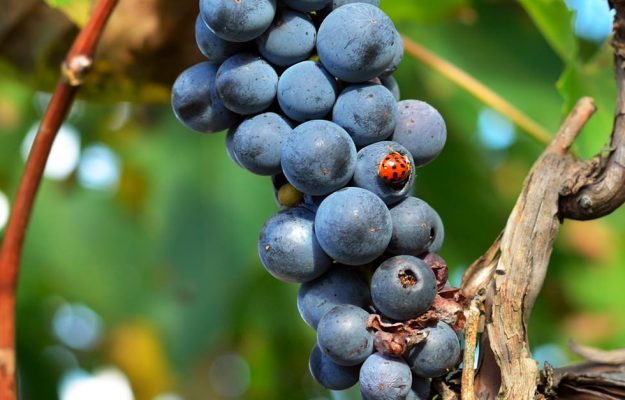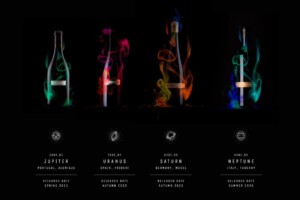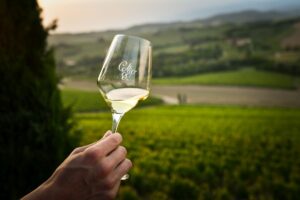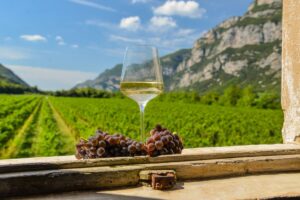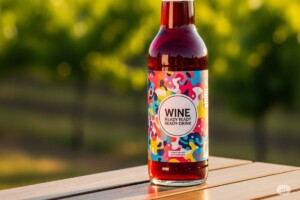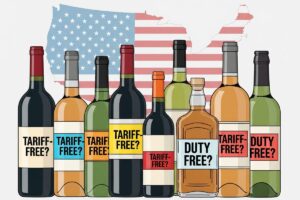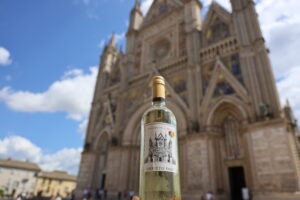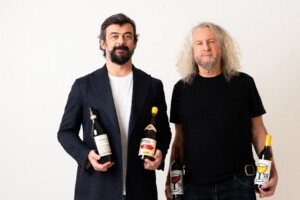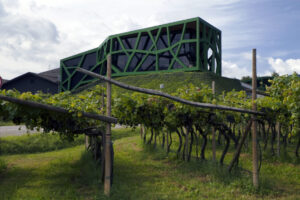As we have long said, sustainability, environmental, economic and social, is one of the pillars not only of production, but of the overall actions of wineries. So much so that at least 84% of them put in place sustainability practices, even if they are not always certified. Definitely an important aspect of communicating to the consumer what is being put into practice. The most common type of certification (especially among cooperatives and producers who source grapes from third parties) is for food quality and safety (57% of wineries). With the most widespread being the Iso ones, but also very present are the Brc (British Retail Consortium) and Ifs (International Featured Standards) certifications, international standards born from the world of retailers and now prerequisites for quality certification in the supply chain of large-scale retail products. But also well established is the Sqnpi (National Quality System for Integrated Production), a certification scheme aimed at enhancing the value of vegetable agricultural production obtained in accordance with regional integrated production specifications. This is one of the evidences emerging from the research “Certified but poorly communicated sustainability: the turn needed for wine brands”, signed by Altis and Opera of the Università Cattolica del Sacro Cuore, which analyzed a sample made up of 70 top Italian wine companies, representative of private, cooperative and commercial companies (Allegrini, Antinori, Zaccagnini, Banfi, Barone Ricasoli, Berlucchi, Bottega, Botter, Cantina di Soave, Cantina Sociale di Orsago, Cantina Vallebelbo, Cantine La Vite, Cantine Riunite-Civ, Cantine Settesoli, Caviro, Cavit, Cecchetto, Cerester, Cielo e Terra, Collis Veneto Wine Group, Produttori Vini Manduria, Contri Spumanti, Cusumano, Duca di Salaparuta, Enoitalia, F&P Winegroup, Fantini Group, Feudi San Gregorio, Firriato, Fratelli Martini, Frescobaldi, Gancia, Genagricola, Gruppo Ermes, Gruppo Italiano Vini, Gruppo Santa Margherita, Italian Wine Brands, La Marca Vini e Spumanti, La Vis, Latentia Winery, Librandi, Livio Felluga, Losito e Guarini, Lunelli, Lungarotti Società Agricola, Masi, Mezzacorona, Michele Chiarlo, Mionetto, Mirafiore-Fontanafredda, Mondodelvino, Pasqua, Piccini 1882, Rocca delle Macìe, Ruffino, Schenk Italian Wineries, Tasca d’Almerita, Terra Moretti, Terre Cevico, Terre Cortesi Moncaro, Togni, Tommasi Family Estates, Torrevento, Tosti 1820, Tre Secoli, Valdo, Val d’Oca, Villa Sandi, Vivo Cantine and Zonin1821). After food certifications, sustainability certifications (above all Equalitas and Viva) are the second most popular (53%), especially among individuals, followed by environmental sustainability certifications (46%), in vogue, especially among cooperatives. Less popular, at least for now, are those of social sustainability (i.e., related to health, occupational safety and so on), present in only 21% of cases, particularly among producers with their own vineyards.
This, states the analysis, done according to the “Molteni model”, which, among the parameters proposed to define the level of sustainability integration in the company, takes into consideration three tools: sustainability reporting, the presence of a formalized strategy and public communication (the website). The latter is not only the starting point through which companies communicate, but is also the most popular tool used by them to reach their stakeholders. And while a sustainability section is present on the sites of 78% of cooperatives and 48% of private wineries with their own vineyards, there is still work to be done on the quality of the information provided. 30 wineries in the sample, or 43%, received a rating in the top 4-5 range, which means a good level of completeness and depth of sustainability-related information. Then there are 20 of companies-equal to 14-that have a sustainability section on their site but, however, provide limited information. And, for this, they received a score between 2 and 3. Finally, 37% of companies, which do not communicate anything in terms of sustainability or provide limited and shallow information, received a score between 0 and 1. Again, it emerges that only 18 wineries out of 70 (mostly cooperatives), prepare a sustainability report (and only one started before 2010, while 81% did so, for the first time, between 2019 and 2020).
On the “best practices” front, again it emerges that 54% of those activated by companies relate to energy, 53% to water, 51% to hospitality, 50% to integrated pest management, 44% to emissions, and then followed by waste management, anti-corruption and corporate ethics, sustainable packaging occupational health and safety, promotion of the local area and local economy, employee training, and so on. “Recognition of certification among consumers”, according to the research conclusions, “is a key lever for fully appropriating the value, including economic value, of sustainability. However, for it to be effective, certification must be grafted into a strategic path, which sets medium-term goals and a road-map to follow that allows the company to continuously demonstrate its commitment to ESg (Environmental, Social & Corporate Governance) and allows consumers to (re)know the value of sustainability”.
Copyright © 2000/2025
Contatti: info@winenews.it
Seguici anche su Twitter: @WineNewsIt
Seguici anche su Facebook: @winenewsit
Questo articolo è tratto dall'archivio di WineNews - Tutti i diritti riservati - Copyright © 2000/2025










